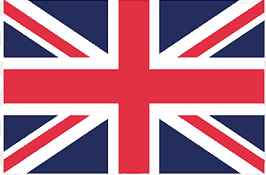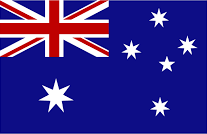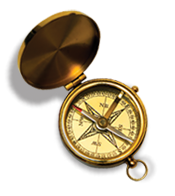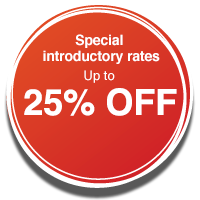For bookings or enquiries call us on  Please contact our Australian Booking Agent
Please contact our Australian Booking Agent  +61 (0) 7 3419 3312 or email us at [email protected]
+61 (0) 7 3419 3312 or email us at [email protected]




One of the most commonly asked questions is ‘how much money should I take on the trip?’
We would ask you ‘how much money do you normally take on a holiday or a weekend away?’ It really comes down to each individual and their own personal spending habits which we have found can vary enormously.
We cannot specify every cost you will incur during your expedition, tour / safari but you need to allow for visas, optional activities and excursions, drinks, snacks, meals out, curios (souvenirs) and local crafts, phone calls, internet and emails etc.
It is worthwhile budgeting for optional activities and excursions separately to your daily spending budget. Please refer to our Optional Activities page for more information.
Africa is a relatively cheap place to travel; food, drinks and souvenirs are all reasonably priced and it is relatively quite inexpensive. We would generally recommend around US$20 – US$25 per day spending money. This would cover most things if spent wisely. Saying that, however, we have had people travel on much less and some have travelled on much more. Consideration also needs to be given to your drinking habits and they need to be budgeted for as well.
Like most holidays, the more money you take with you the less chance there is of missing out on that unexpected safari, night out, or souvenir you thought you would never find or even want. Whatever the amount of money you take, spend it wisely and get the most out of your trip. Most people will only travel through Africa once in a lifetime so enjoy it. Who knows, you may even get to take some money home.
While on expedition, carry with you only the money you need for the next couple of days. All other money can be locked in the on-board safe.
Through East Africa we recommend you carry US$’s cash and you should bring this with you from your home country. As a guide, bank notes should be dated 2005 onwards and should be in good condition – not torn. We recommend you check the condition and issue date on all US$ bank notes, at the bank, when initially purchasing / converting your cash.
It is recommended that you bring the majority of your money in larger denomination notes, i.e. US$100’s and US$50’s as they generally attract a better exchange rate at border crossings. You should also bring some smaller notes US$20, US$10, US$5 and US$1 for bartering and buying smaller souvenirs.
Your spending money should be brought in US$ cash and the balance on your ATM card to withdraw as and when required. This will avoid carrying around excessively large amounts of money. Avoid using ‘Delta Switch’ cards as they rarely work. It is best to have a Visa Debit card, however, check what bank fees may be incurred when withdrawing cash overseas. There are cash machines almost everywhere.
Make sure you have enough money (or other payment options) to cover emergencies. Travellers Cheques are a good source of emergency money, however, they are difficult to cash and can incur high commission fees. If you do bring travellers cheques, keep a separate record of their numbers and values. Check the expiry date on any debit or credit card and make a separate not of their numbers. Contact your bank to find out how you can replace your ATM, credit cards and / or travellers cheques if you loose them while on expedition.

© Savannah Overland 2019. All rights reserved. Terms & Conditions.
Savannah Overland is a trading style of Savannah Overland Expeditions Ltd. Company Number 7175271 Incorporated in England and Wales. Registered Office: 1 High Street Mews, Wimbledon Village, London, SW19 7RG
Website design and build by